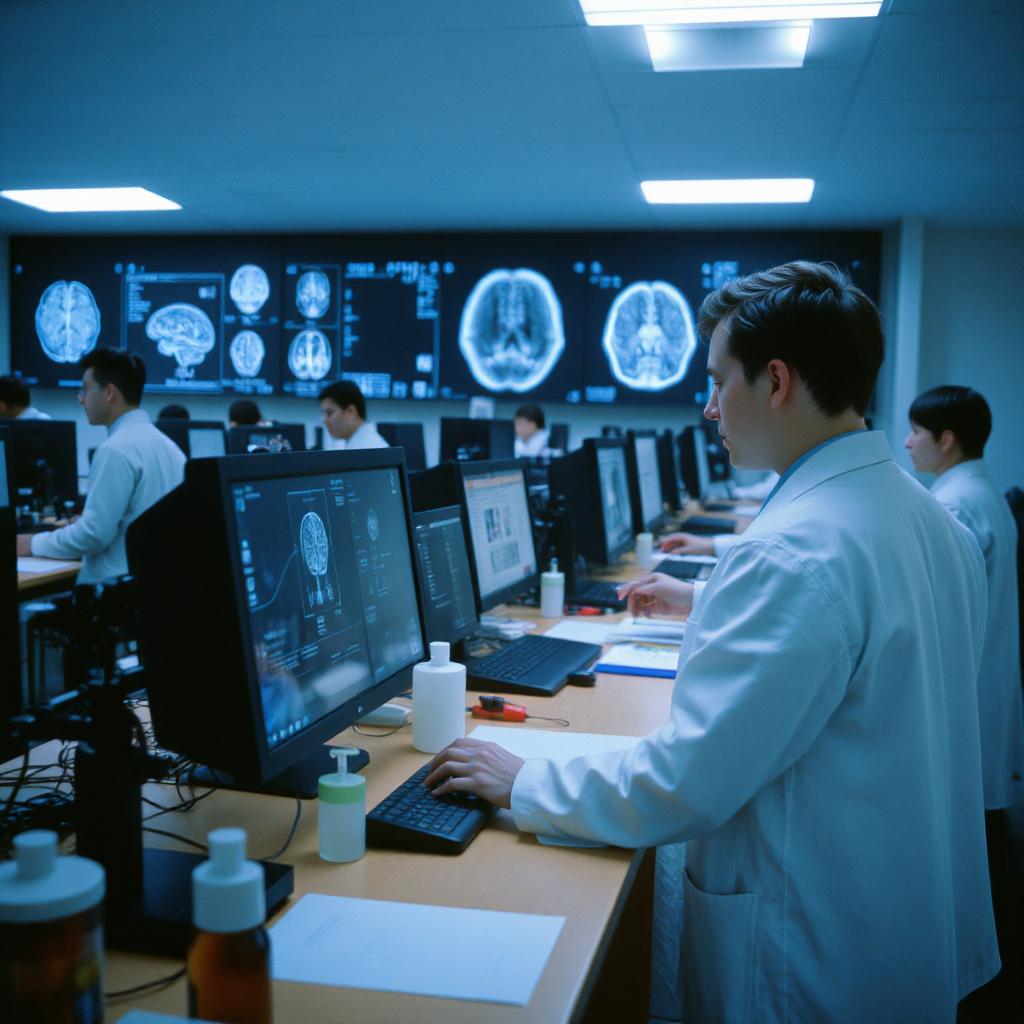The Product
Portable BRAIN
Scanner
Transcranial Ultrasonic Brain Scanner Portable, Safe, 3D high-resolution Imaging & Monitoring
Our system consists of a helmet embedded with multiple sensors that transmit and receive signals, paired with a workstation for display, control, and image processing. Designed for speed, efficiency, and accessibility, the scanner is cost-effective, fully portable, and requires no specialized infrastructure. It delivers fast results to support immediate clinical decision-making.
In hospital settings, Reborn’s AI-powered scanner is optimized for bedside use in critical care, enabling rapid and precise neurological diagnoses—including strokes and traumatic brain injuries—while offering continuous, real-time monitoring.


Features

Portable

Radiation free

Cost Effective

High-resolution image

Monitoring Mode

Easy to use

Rapid image acquisition
Transforming neurological care with the ability to scan and monitor the brain anytime, anywhere
Use cases
While real-time brain imaging is crucial across multiple settings, including hospitals, military, and ambulances, our initial focus is on bringing this technology to the ICU.

Hospital

Military

EMS

Home Use

Sporting
event

Research institute
Imaging & Monitoring
Medical Use Cases
Ischemic/ Haemorrhagic Stroke
Post Operation
Midline Shift trends
Traumatic Brain Injuries
Blood perfusion
Ventricles volume
Future use Cases
- Tumor
- Multiple Sclerosis
- Parkinson
- Alzheimer

Treatment delay reduction
A bedside solution with monitoring mode enables real-time imaging, allowing faster detection and treatment.

Eliminate tranpsort complications
Transport to the CT room carries a 65% risk of complications, with 8% potentially life-threatening, including resuscitation or emergency interventions.

Hospitalization Duration reduction
Our scanner enables faster diagnosis and treatment, reducing hospitalization days and cutting costs, as hospital stays make up ~50% of total expenses.

Saving millions for hospitals
By accelerating diagnosis and treatment, reducing complications, and minimizing hospitalization, U.S. hospitals can potentially save millions. For example, the average cost of treating a stroke patient is approximately $50K, while reimbursement is only ~$10K.

Infection rate
reduction
Infections are a major cause of complications and mortality among ICU patients; patient transport out of the ICU is linked to an increased risk of developing ventilator-associated pneumonia (VAP).

No Infrastructure
Cost
Unlike MRI or CT scanners, which require expensive installation and maintenance, our portable solution eliminates the need for costly infrastructure, helping hospitals save on capital investments.
Challenges of Traditional Brain Imaging

